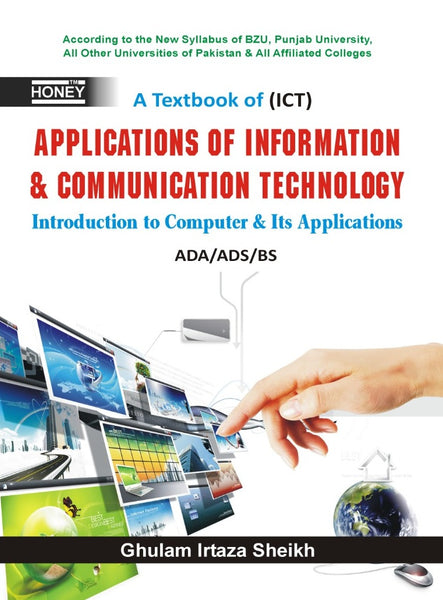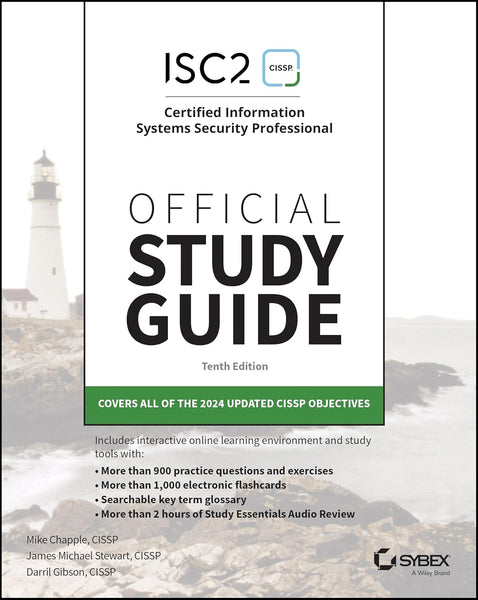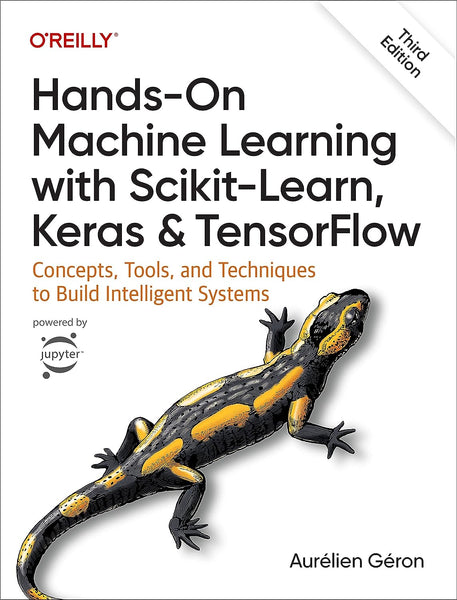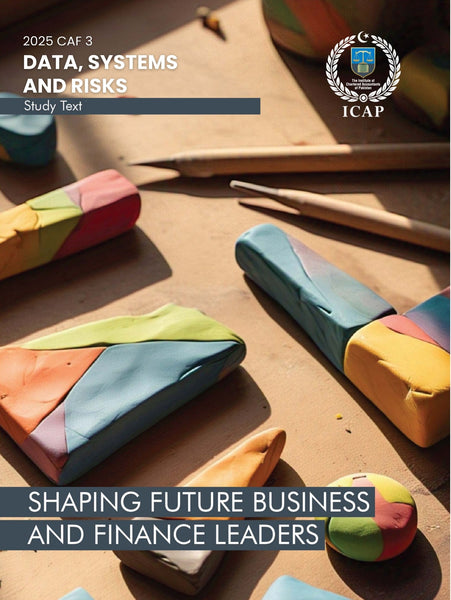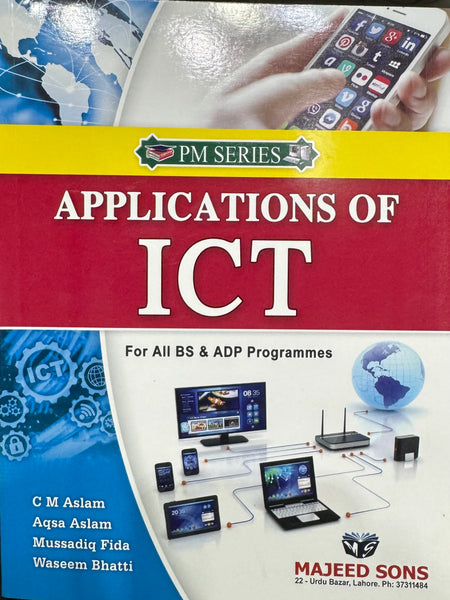Introduction to the Theory of Computation 3rd Edition by Michael Sipser
- Publisher: COMPUTER SCIENCE
- Availability: In Stock
- SKU: 25628 R1 0573
- Number of Pages: 558
Rs.1,160.00
Rs.1,495.00
Tags: Academic Studies , Academic Textbooks , Advanced Algorithms , Advanced Computation , Advanced Computation Topics , Computational Insights , Computational Limits , Computational Mathematics , Context-Free Grammars , CS Theory , Decidability , Decision Problems , Educational Texts , Finite Automata , Formal Languages , Formal Methods , Formal Proofs , Formal Structures , Formal Systems , Foundations of CS , good quality , Graduate Studies , Halting Problem , Introductory Concepts , Learning Computation , Learning Foundations , Learning Resource , Lecture Companion , Parsing Techniques , Pedagogical Clarity , Polynomial Hierarchy , Practical Applications , Problem Sets , Problem Solving , Pushdown Automata , Quantum Computing , Quantum Models , Recursive Languages , Regular Languages , Research Reference , Space Complexity , Technical Foundations , Textbook Guide , Theoretical Computer Science , Theoretical Insights , Theory of Computation , Turing Machines , Undecidability
Introduction to the Theory of Computation (3rd Edition)
Author: Michael Sipser
Binding: Paperback
Paper Quality: Black & White Paper
Category: Computer Science / Theoretical Computer Science / Automata Theory
Recommended For: Undergraduate and graduate students in computer science, candidates preparing for GATE or GRE CS, and anyone interested in formal languages, automata theory, and computational complexity.
Key Features
-
Foundations of Automata Theory:
Thorough coverage of deterministic and non-deterministic automata, regular expressions, and finite automata. -
Formal Languages:
Detailed exploration of context-free grammars, pushdown automata, and parsing techniques. -
Turing Machines:
Introduction to Turing machines and their role in defining computability. -
Decidability and Undecidability:
In-depth discussion on decidable problems, the Halting Problem, and the concept of undecidability. -
Computational Complexity:
Covers P, NP, NP-completeness, and space complexity with a focus on practical and theoretical implications. -
Advanced Topics:
Includes discussions on the Polynomial Hierarchy, approximation algorithms, and quantum computing in the context of computation theory. -
Pedagogical Clarity:
Features clear definitions, proofs, and examples, with concise summaries at the end of each chapter. -
Exercises and Problems:
Includes a wide range of exercises to solidify understanding and challenge advanced learners. -
Real-World Applications:
Links theoretical concepts to real-world problems in cryptography, algorithm design, and more. -
Historical Context and Perspectives:
Provides insights into the historical development of key ideas in computation theory.
Conclusion
Introduction to the Theory of Computation by Michael Sipser is an essential resource for students, researchers, and practitioners in computer science. Its structured approach to automata, formal languages, and computational complexity ensures a deep understanding of the theoretical underpinnings of computation. This third edition remains a benchmark for clarity and rigor in the field, making it a must-read for anyone studying theoretical computer science.




